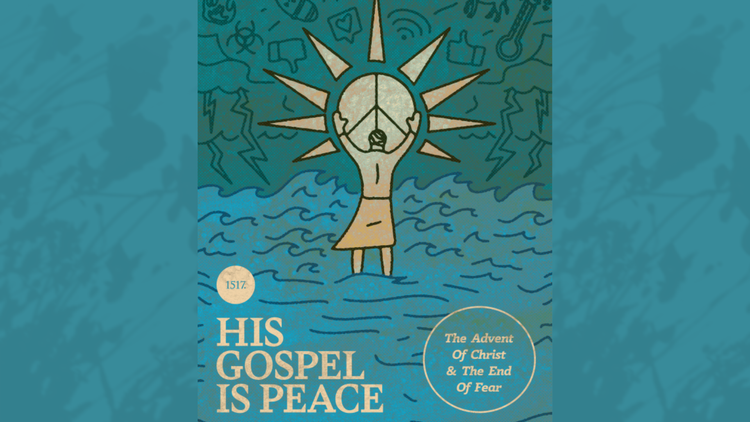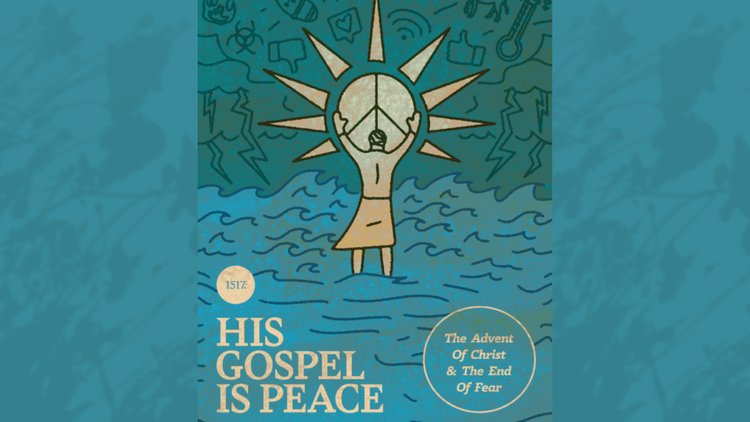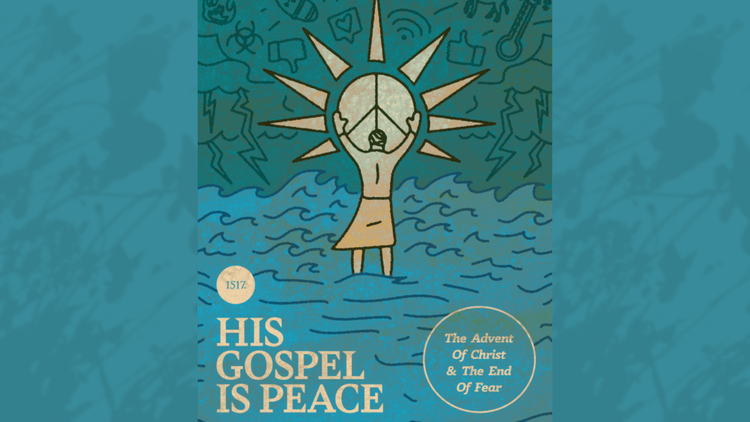OFFERINGS AND SACRIFICE

Communion and Presence
I've noticed the frequent use of the words Offerings and Sacrifice and felt like there might be something noteworthy to learn. So ... here's just a tiny tidbit to chew on.
So, what's the difference between Offerings and Sacrifice … or is there a difference? In OT language a sacrifice is limited to animal offerings, animals that are part of the ritual and, even more specific than that, the sacrifice becomes part of a meal. An offering, however, speaks in a much broader sense such as a grain offering or bloodless offerings but also can refer to animal offerings.
There are different types of offerings — not all offerings fit every category, so (as I often remind us all) context is everything when we go on a treasure hunt to learn more about God's Word.
Offerings can be GIFTS to the Lord — a sacrificial gift often made up of food items, presented as “food for God”. Pagan rituals in the Ancient Near East included providing sustenance for their gods. The Israelites didn’t have statues of God that they would lay offerings at or pour something at the feet, but there is still the language about the Lord’s table or the Lord’s food, etc. YHWH didn’t need to eat.
“If I were hungry, I would not tell you, for the world and its fullness are mine. Do I eat the flesh of bulls or drink the blood of goats? Offer to God a sacrifice of thanksgiving, and perform your vows to the Most High, and call upon me in the day of trouble; I will deliver you, and you shall glorify me.” Psalm 50:12-15
This isn't to say that the offerings described in the Bible are in any way connected to or condoning the pagan rituals except that perhaps YHWH wanted to give Israel rituals that exposed the uselessness of pagan offerings made to dead idols and contrasting those made to the Living God! The pagan worship was self-consuming as it fed a god's appetite for illicit power and control.
Contrarily, worship of YHWH provided for His people, making a way for them to commune with Him, have a relationship with Him, and be benefactor of covenantal promises. Obviously, the dead pagan idols were powerless whereas YHWH was/is/ever-will-be all powerful and worthy of true and sincere offerings and sacrifices. Our incomparable God is no match for pagan idols or gods.
The purpose of offerings can be thought of as COMMUNION or PRESENCE. Although we can easily see the connection as we read about the various offerings, it’s not always very explicitly the point of the offering. Sometimes it is, other times the Presence or Communion with God is implied.
Another view of the offerings has to do with CONSECRATION … bringing an offering or someone to the Lord to sanctify it, to give it sacred status, to make it holy, to take it out of the common realm and put it into the sacred realm. We saw this in Exodus 24 when the blood is splashed on the altar and on the people — the splashing of the blood on the people was to consecrate them or dedicate them to a relationship with YHWH.
Today, we bring GIFTS of ourselves -- our devotion, worship, loyalty, service and surrender to YHWH. We bring offerings to Him as we COMMUNE with Him or worship in His PRESENCE. Our offering of CONSECRATION is accepted by God because the blood Jesus has been applied to our hearts and sealed by the Holy Spirit of God!
With this little glimpse of understanding, we can easily see that Offerings and Sacrifices still have a place in the lives of every believer. It looks different today because of Jesus whose pure blood far surpasses that which was poured out or sprinkled on the brazen altar.
I'm reminded of a song we sang in Sunday School when I was a child. Actually, after all these years, I still have the Children's Hymnbook in my collection; the simple chorus is found on page 79, to be exact:
What can I give Him,
poor as I am?
If I were a shepherd,
I would bring a lamb;
If I were a wise man,
I would do my part;
Yet what can I give Him?
Give Him my heart.
We don't need the sheep or bulls or fowls or grain to burn on an altar ... all He asks is for us to offer Him our heart.
____________________
Leviticus: A Gift, An Offering, and/or a Prayer of Consecration






Member discussion